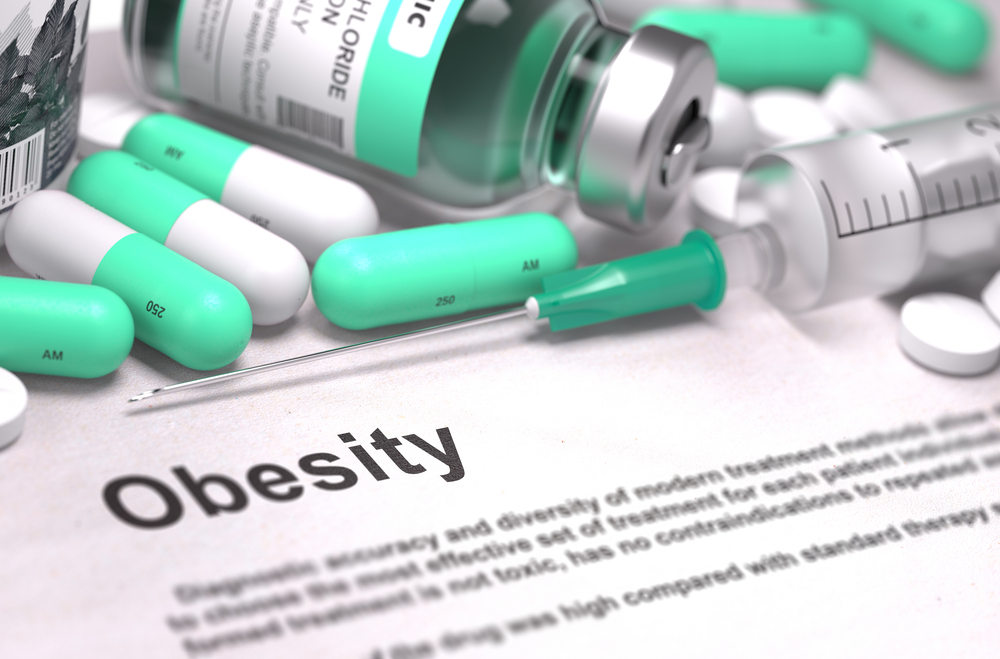
The statistics are real. Over one-third of the American population is considered obese, costing the average obese individual an extra $1500 in annual health care expenses. The rising prevalence of Diabetes, Cardiovascular Disease, and mental illness have all been linked to the increasing rates of obesity.
Today people are more concerned than ever about diet and exercise. American media and marketing companies profit billions of dollars annually, as diet and lifestyle fads are at an all-time high. If food diets and dieting are at an all-time high, I have to ask myself why on earth is the obesity epidemic continuing to get worse?
The obesity numbers and stats only continue to increase. If dieting truly worked, wouldn’t we expect to see opposite results, with healthier outcomes and happier waist-lines? If diets truly worked, people would be healthier, happier, and feeling their best.
Here are five of the most common reasons people continue to gain weight, regardless of food intake, calories counted, and/or their dieting habits.
- Anxiety
- Depression
- Insomnia
- Chronic pain
- Fatigue
Throughout our lives we go through a series of hormonal changes. Many of these changes are natural and anticipated, such as puberty and menopause. They are natural biological events that nature intended our bodies to experience. However, throughout life we encounter a multitude of physical, psychological, and emotional stressors. These stressors in turn affect our endocrine systems and personal coping mechanisms, shifting our hormones and the hormonal balance needed for a perfect metabolism. Long story short: Hormonal imbalances may cause anxiety, depression, insomnia, chronic pain, and fatigue. All of which can make you gain weight, regardless of food.
It is important to realize our bodies and hormones are equipped to communicate with each other for an optimal metabolism, regulated sex drive, healthy immune system, and a strong mental response. Hormones act with specialized response systems to either inhibit or activate our body-chemistry for a proper cause-and-effect reaction, with the desired biological and physiological response. If this balance is thrown off, our endocrine systems and nervous systems are triggered with either too many or too little of these hormones, causing an imbalance with undesirable and unnecessary symptoms.
Symptoms associated with hormonal imbalances include, but are not limited to the following: fatigue, anxiety, depression, inability to lose weight, weight gain, acne, hot flashes, infertility, chronic pain, hair loss, low libido, inability to focus, insomnia, AND obesity.
Living a healthy lifestyle is always important in maintaining hormonal balance, and therefor a healthy weight. However, unfortunately it may not be enough. If you feel you may be suffering from any of these symptoms, and/or struggle to lose weight all while living a healthy lifestyle with adequate exercise, it may be time to check your hormone status!
Contact Dr. Brengle and she will be more than happy to get the proper testing and treatments in place for you.




About The Author: Kimberly Gerbers
More posts by Kimberly Gerbers